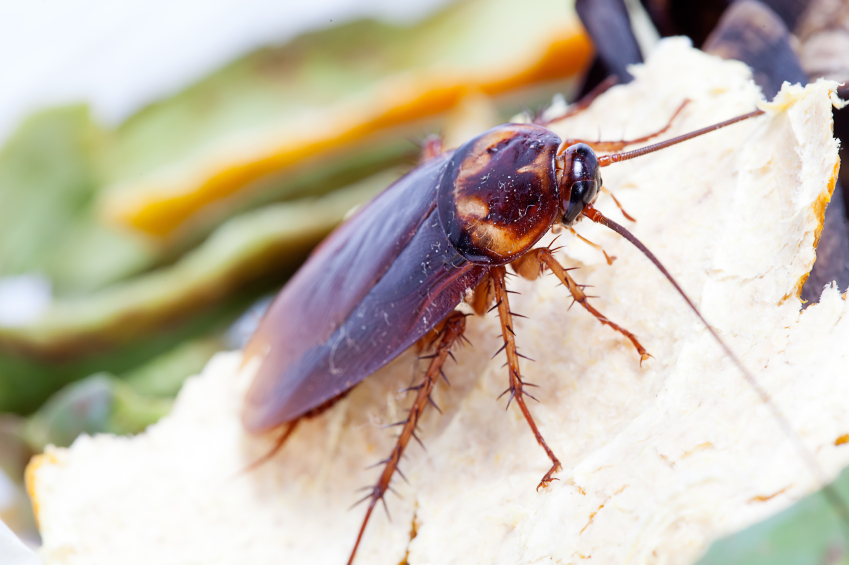Cockroaches have often been accused of spreading diseases in households and since these gritty creatures can be found in just about every home no matter where you go on the planet, you sure can estimate how much havoc this species causes!
While cockroaches themselves do not harm human beings deliberately, unlike other insects like bedbugs, wasps and bees that have been known to attack humans directly, they do hold the possibility of causing several adverse health conditions. Some of these include serious diseases caused by bacteria, parasitic worms and human pathogens as well as asthma attacks and allergies.
While cockroaches are known to carry around 33 different kinds of bacteria that could prove harmful to humans, as well as human pathogens and parasitic worms, their saliva, the skin they shed and their droppings are all considered dangerous for humans who suffer from asthma and other allergies.
The process of developing an allergy begins when the patient comes in contact with cockroach allergens through the saliva, droppings or the skin of these insects. The patient doesn’t really need to come into direct contact with these elements either, as even secondary contact like that with food that may have come in contact with cockroaches, could trigger an attack.
When confronted with these allergens, the White Blood Cells in certain people begin attacking them, at the same time developing symptoms like severe itching in the ear, nose or throat areas and even anaphylaxis, a condition that causes difficulty in breathing, a fall in blood pressure and shock.
Those who suffer from asthma may even suffer asthma attacks and some studies suggest that up to 23-60% of patients with a history of asthma, and living in the cities, are allergic to these critters.
So, do cockroaches cause asthma and allergies?
Yes, they do.
